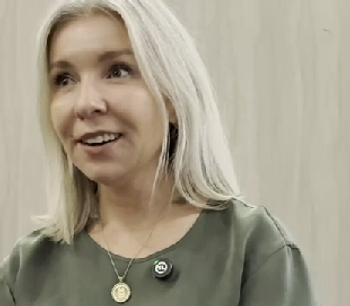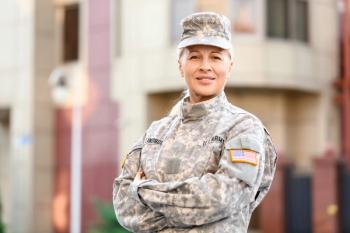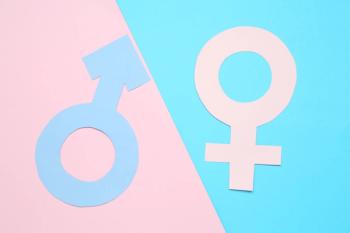
Our Women Deserve Better
“Changing the status quo requires all of us to take an active stand.”
Here in Oregon, for environmental reasons, you do not pump your own gas. When you go to a gas station, someone fills your tank for you.
The other day, I was waiting for the attendant to serve me, but he was rather busy flirting with a customer. He started grooming her by saying how much he liked her car, and then he commented on her looks. I could see how uncomfortable she was when he proceeded to insist on getting her number. He did not stop before he made sure she called his cell phone so he could save her contact information.
This is not at all uncommon. Many women get harassed while performing even the simplest of daily tasks that should be risk-free. I made it clear to the attendant that he was intrusive, his behavior was unethical, and he likely had violated her personal boundaries. He brushed me off by saying that I should take it easy. I told his supervisor that such behavior should not be condoned or tolerated, and the supervisor promised me he would talk to him.
The attendant took the woman’s reluctant agreement as a consent, not realizing that in such relationships, there is power inequality and many female customers might indeed not speak up when someone in a position of power takes advantage of their needs.
I think, morally speaking, it is an extremely low act to abuse a position of influence to exploit others. We have heard stories of teachers, doctors, and preachers taking advantage of those entrusted to their care—but as the gas station incident showed me, women are not safe anywhere they go.
It is a communal responsibility to change that. Women need to be empowered to speak up, and men need to speak up for them. It is not enough to roll your eyes or shake your head when you bear witness to such violations. Changing the status quo requires all of us to take an active stand.
In the hospital where I work, we use the acronym “CUS” to encourage staff to speak up. C stands for concerned (“I am really concerned to be observing/hearing this”); U stands for uncomfortable (“this is making me uncomfortable”); and S stands for stop (“I want you to immediately stop”). And, of course, no one should risk their life or safety when defending others. We have seen people die while standing up against oppression, including the 3 individuals who were stabbed inside a train here in Portland while trying to protect women from a bigot.
I see any female as my mom, wife, sister, or daughter. What I dislike for my loved ones, I dislike for all other women. I am inviting men to take responsibility, to become role models themselves, and to raise their boys to respect and protect women. This cycle needs to be broken.
Women deserve better. They deserve to feel safe inside and outside their homes, at their places of employment, in their houses of worship, and wherever they might be—including my local gas station.
Dr Reda is a practicing psychiatrist with Providence Healthcare System in Portland, Oregon. He is the author of
Newsletter
Receive trusted psychiatric news, expert analysis, and clinical insights — subscribe today to support your practice and your patients.







